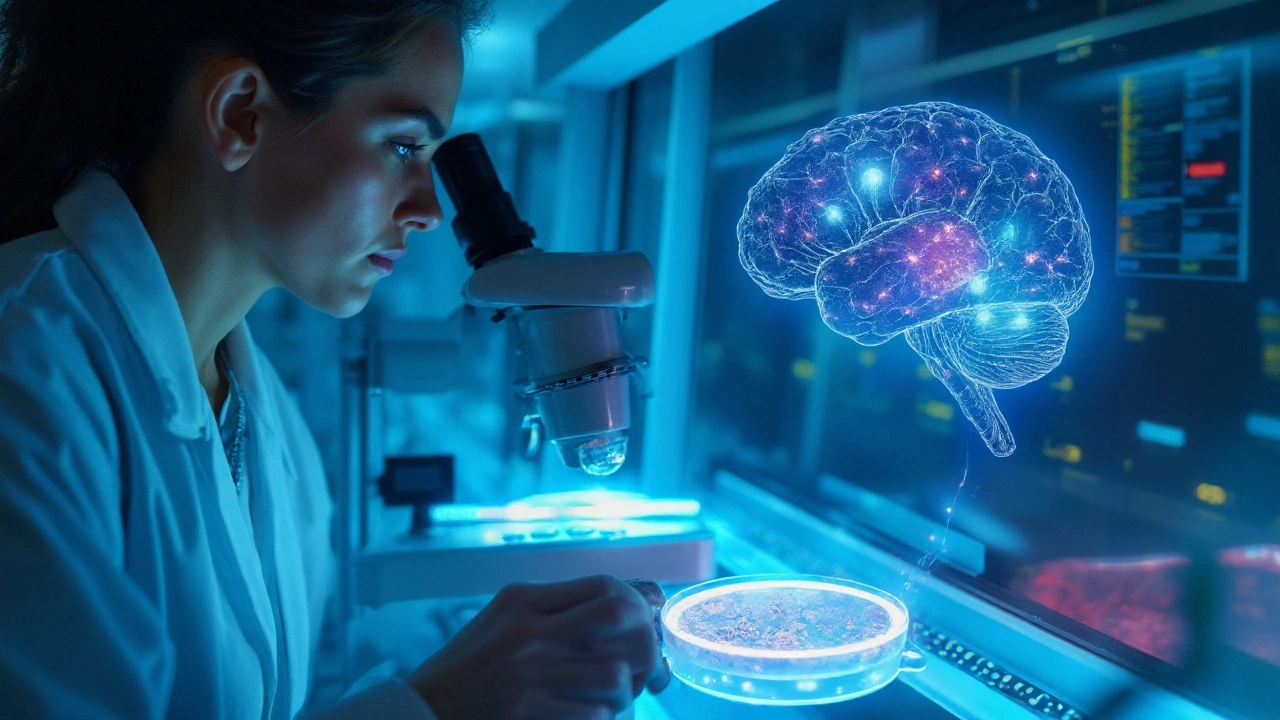Mesenchymal Stem Cells: What They Are and Why They Matter
Ever wonder why doctors keep talking about stem cells? One type that shows up a lot is mesenchymal stem cells, or MSCs. These are special cells that can turn into bone, cartilage, fat, and even muscle. Because they can become many different tissues, they are a big deal for healing and research.
Where Do They Come From?
MSCs live in several places in the body. The easiest to collect are from bone marrow – the spongy stuff inside your hips and ribs. You can also find them in fat tissue (the kind you get from a liposuction), in the umbilical cord after a baby is born, and even in the placenta. Each source gives a slightly different mix of cells, but they all share the ability to grow and change.
Getting MSCs is usually a minor procedure. A doctor takes a small sample, isolates the cells in a lab, and then grows more of them. This process takes a few weeks, but it lets researchers have enough cells for research or treatment.
How Are They Used in Medicine?
Doctors are testing MSCs for a bunch of problems. The most common use right now is in joint pain – injecting MSCs into knees or shoulders can help repair cartilage and reduce inflammation. Some clinics also use them for tendon injuries, back pain, and even certain skin conditions.
Beyond fixing damage, MSCs are good at calming the immune system. That makes them useful for autoimmune diseases like rheumatoid arthritis or Crohn’s disease, where the body attacks itself. Early studies show MSCs can lower flare‑ups and improve quality of life.
Researchers are also exploring MSCs for heart repair after a heart attack, lung injury, and even as a delivery vehicle for gene therapy. The idea is to load the cells with medicine or genetic material and let them travel to the damaged area.
Safety-wise, MSC treatments have a good track record. Most side effects are mild, like temporary soreness at the injection site. Serious complications are rare, but because the field is still growing, it’s smart to get treatment from a reputable clinic that follows proper regulations.
If you’re thinking about MSC therapy, ask your doctor about the source of the cells, how they’re processed, and what outcomes you can realistically expect. Not every condition will respond, but for many people, MSCs offer a less invasive alternative to surgery.
Bottom line: mesenchymal stem cells are versatile, relatively easy to obtain, and promising for a range of health issues. Keep an eye on new studies – the more we learn, the more ways we’ll have to use these cells to help the body heal itself.
